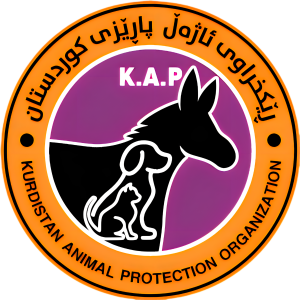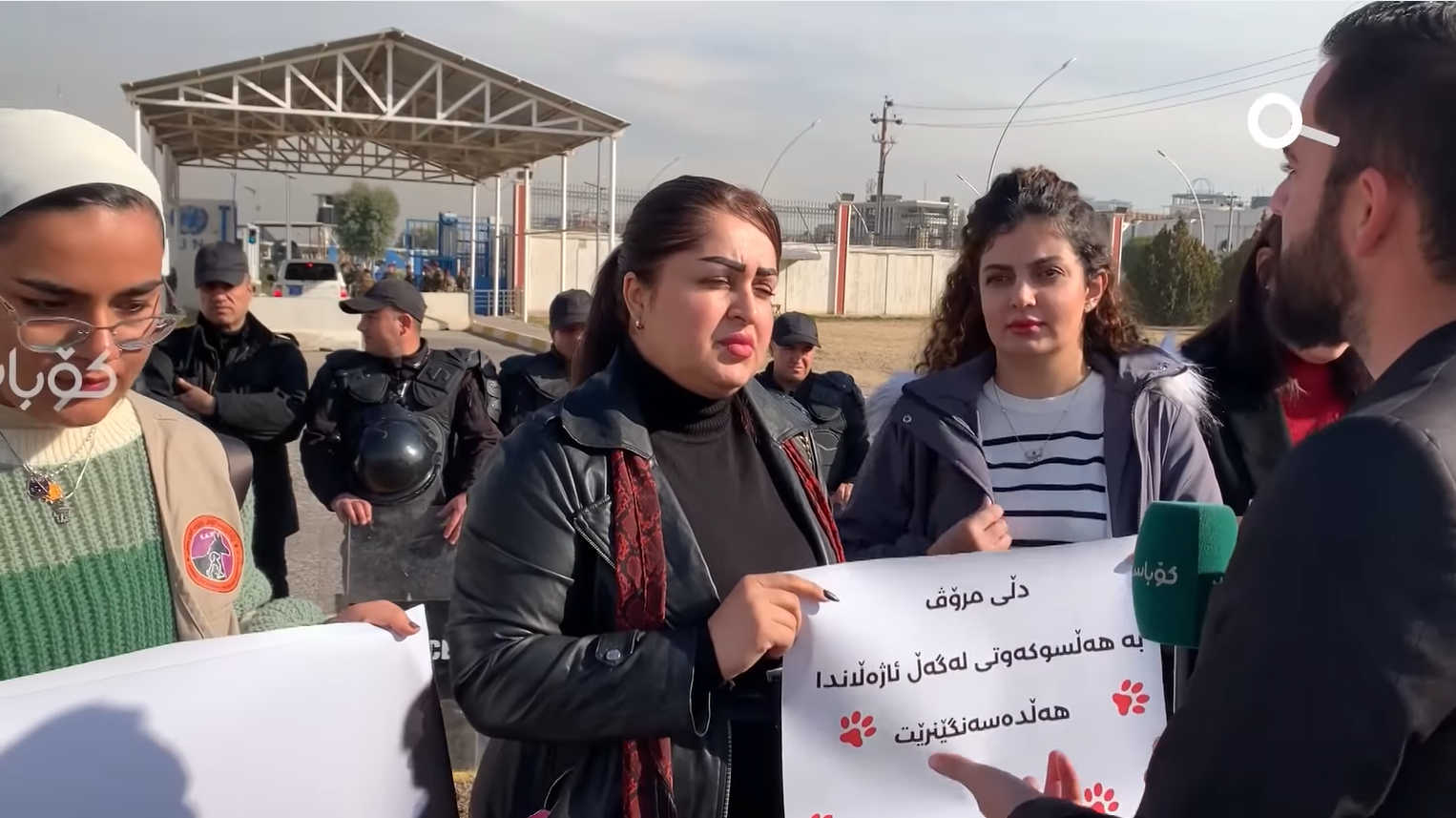During the peaceful, government-approved protest held in front of the UN compound, one of the volunteer members of the Kurdistan Animal Protection Organization responded passionately to questions from a TV presenter.
When asked about her reason for participating, she said, “I’m here to defend the rights of animals—because they cannot speak for themselves. We are their voice.”
In response to a follow-up question about public behavior toward stray dogs, she replied, “No, we are not happy with how they’re treated. If people won’t help them, they should at least not harm or torture them. The recent decisions to kill dogs in Kirkuk, and promote similar actions in Duhok, are unacceptable. Neither nature nor religion supports such cruelty.”
She also pointed to parenting and education as key issues, saying, “Many children grow up being told to fear and harm dogs—throwing stones at them. This reflects a deep problem in how compassion is being taught at home.



Leave a Reply